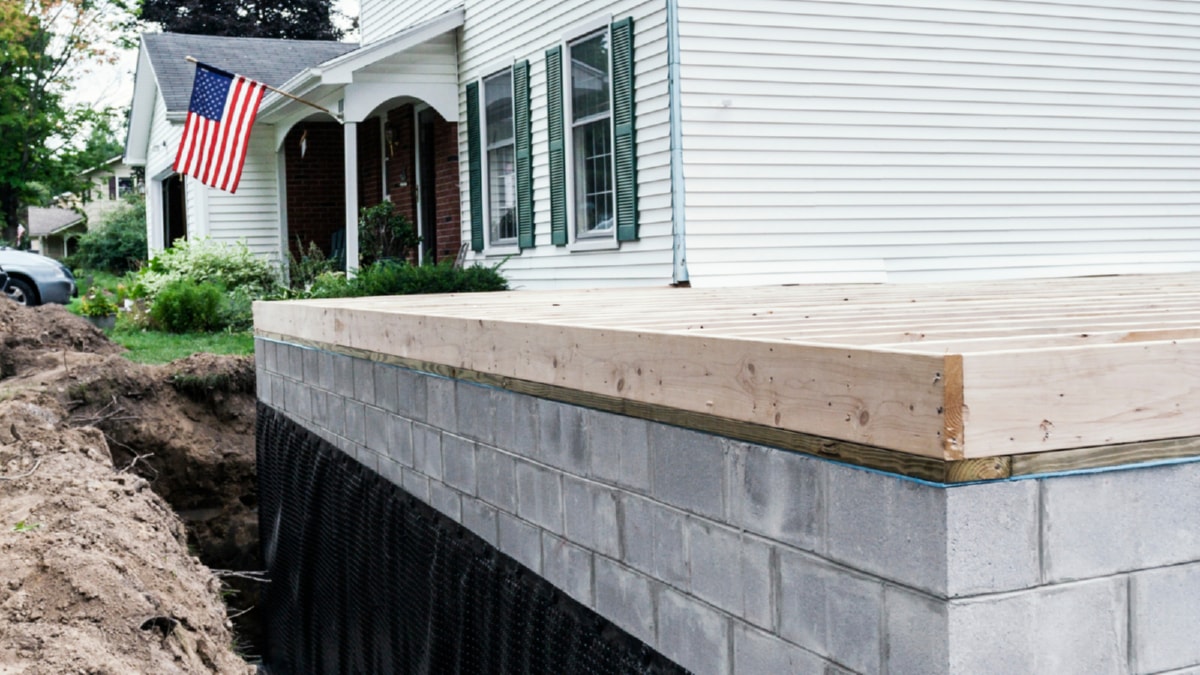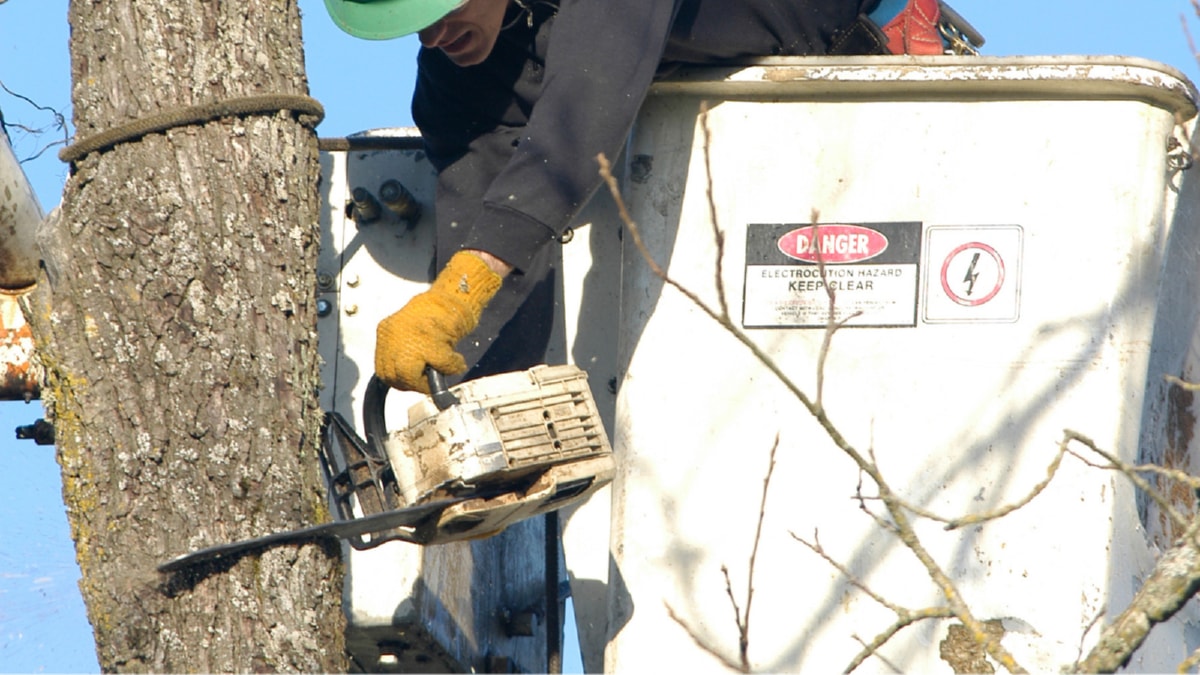Grasping the basics of managing construction projects is crucial for anyone involved in the sector. It involves planning and coordinating resources (people, equipment, materials) throughout the entire lifecycle of a project from inception to completion. Construction project managers must possess a wide range of skills, including problem-solving, and an understanding of legal matters and safety regulations.
Modern construction technologies are pushing the boundaries in the industry, with new methods and materials creating more efficient and sustainable ways to construct buildings. From additive manufacturing to modular construction, these technologies are streamlining the construction process, reducing waste, and lowering costs.
Digital innovation is transforming the construction industry. From drones surveying construction sites to digital representation of physical and functional characteristics of a facility, these technologies are improving accuracy, increasing efficiency, and reducing risks. Furthermore, digital tools for project management are allowing for better planning, tracking, and communication among team members.
The importance of safety measures in the construction sector cannot be overstated. Protective equipment, regular training, and strict adherence to regulations are all crucial to prevent accidents and ensure the wellbeing of workers. Additionally, these measures help avoid project delays and cost overruns that can result from accidents or injuries on site.
Ensuring quality in construction involves a systematic approach to guarantee that the final product meets the client’s requirements and complies with regulatory standards. This includes regular inspections, testing of materials, and meticulous documentation. A culture of quality should be instilled in every team member, with a focus on continuous improvement and learning from past projects.
The role of green building is becoming increasingly important as the industry seeks to reduce its carbon footprint and limit resource depletion. This involves using sustainable materials, implementing energy-efficient designs, and reducing waste generation. Moreover, sustainable practices can also result in cost savings in the long run, through reduced energy and water usage, and increased property value.
Advice for effective construction management include careful planning, clear communication, and ongoing risk management. It’s also crucial to embrace innovation and stay updated on industry trends. Lastly, never undermine the importance of safety and sustainability, as these factors not only protect the environment and workers but also contribute to the overall success and reputation of the company.
In conclusion, managing construction projects is a complex task that requires a diverse skill set and an understanding of many different aspects. However, with proper planning and the use of modern technologies, it is possible to deliver successful projects that meet quality standards, safety regulations, and sustainability goals.
For more details, check best Insulation Solutions in Wexford or visit their Insulation Services Wexford business listing here.




